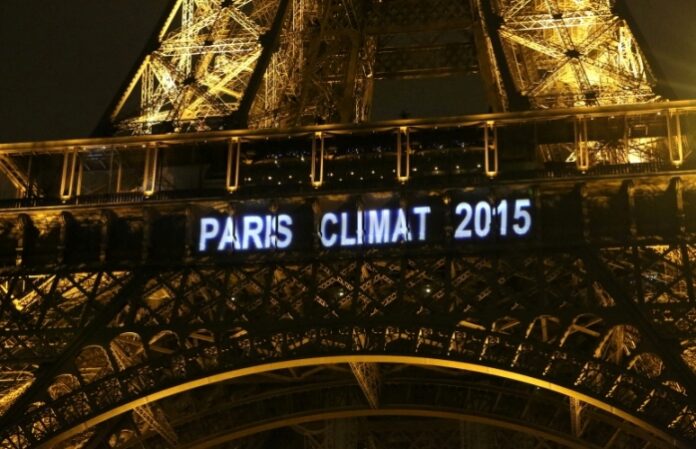The Paris climate change deal was “weak and unambitious” in allowing the developed countries avoid their “historical responsibility”, the Centre for Science and Environment (CSE) said on Sunday.
“The draft Paris agreement continues to be weak and unambitious as it does not include any meaningful targets for developed countries to reduce their emissions,” said Sunita Narain, director general of CSE, in a statement.
The agreement did not operationalise equity and the term ‘carbon budget’ did not even find mention in the text, which would end up furthering “climate apartheid”.
The agreement had come after an intense two weeks of negotiations and represented a lot of “compromises” made, particularly by developing countries, the CSE statement said.
Developing countries had got promise of money while developed countries had finally “got rid of their historical responsibility of causing climate change” and they had no legally binding targets on finance or emissions cuts.
“The phrase ‘historical responsibility’ has been erased from the agreement and this weakens the obligations of developed countries to take actions due to there past emissions,” said Chandra Bhushan, deputy director general of CSE.
“Without historical responsibility, equity will now be interpreted only through the words ‘respective capabilities and national circumstances’, further removing differentiation between the climate actions of developed and developing countries.”
To erase any notion of historical responsibility, the developed countries had gone to the extent of mentioning in the text that the loss and damage due to climate change “does not involve or provide a basis for any liability or compensation”, Bhushan added.
Words and phrases like ‘equity’, ‘common but differentiated responsibilities’, and ‘climate justice’ were mentioned, but were are not in operational parts of the text and so there were no commitments for these things, the statement said.
India also “believes that it will not have to do much before 2030,” the statement added.
But CSE analyses say India will be under constant pressure to take more burden for mitigating climate change by 2020 and beyond, especially when the next review of all the nationally determined contributions of countries take place.

